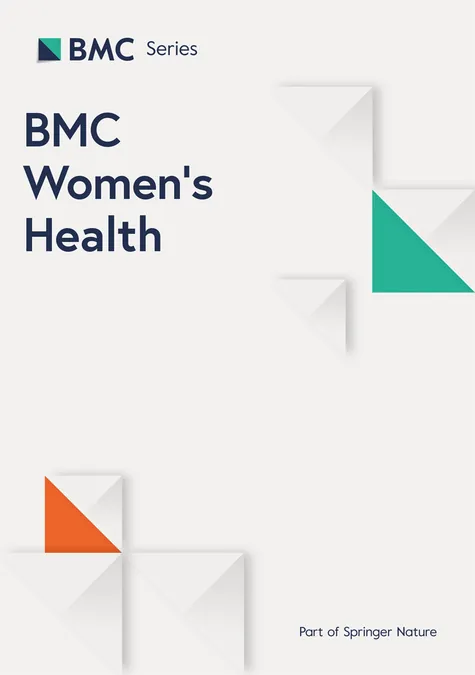
The Hidden Crisis of Early Marriages in Southeastern Türkiye: An In-Depth Study
2025-05-19
Author: Arjun
Early Marriage: A Pervasive Human Rights Violation
Defined as marriage before the age of 18, early marriage remains a substantial human rights violation affecting millions globally. Despite international treaties aimed at prohibiting such practices, over 650 million girls have been married before reaching adulthood. In 2020 alone, 19% of women aged 20-24 worldwide reported having been married as minors.
Early Marriage in Türkiye: A Local Perspective
In Türkiye, while the legal marriage age is set at 18, court exceptions allow for marriage at 16 under certain circumstances. Although early marriage rates have notably declined over the last two decades, UNICEF reported that approximately 20% of women aged 18-45 were married before 18. Importantly, the statistics fail to account for unofficial marriages occurring through religious ceremonies, which are often accepted culturally, leading to a misunderstanding of the issue's prevalence.
Cultural Norms: Battering Down the Doors of Progress
In traditional and patriarchal societies, early marriage is normalized, placing immense pressure on girls to take on roles as brides and mothers. Many women reported feeling torn between childhood and the expectations of womanhood. A significant aspect of this issue lies in deeply rooted cultural traditions that frame early marriage as an acceptable norm.
The Financial and Physical Toll of Early Marriages
Marriage often brings premature responsibility, with young brides facing the overwhelming burden of parenthood while grappling with their adolescence. The adverse consequences can include reproductive health complications, complications during childbirth, and mental health issues stemming from the pressures of parenting too soon. These young women frequently lack knowledge about family planning and are left vulnerable to health risks.
A Closer Look: Research in the Southeast Region
An ongoing study aims to explore the experiences of women who married early in the southeastern province of Diyarbakır, focusing on the cultural and regional nuances that perpetuate this phenomenon. By interviewing women over 18 who married young, the research seeks to uncover the complexities of their experiences and the societal forces at play.
Finding Voices: The Struggles and Aspirations of Young Brides
Initial interviews highlighted the lack of personal agency these young brides often experience. Many indicated that their marriages were orchestrated by family members, sometimes without even meeting their husbands beforehand. Emotional turmoil, fear, and confusion defined their first days of marriage.
Voices from the Past: The Impact on Future Generations
While these women voiced regret and sadness for their lost childhoods, they also passionately expressed the hope that their own children would not face the same fate. A significant theme emerged around the desire for their children to receive education and avoid early marriages, possibly breaking the cycle of tradition.
Confronting the Reality: Cultural Acceptance vs. Individual Desire
As cultural acceptance of early marriage persists, many women still view it as a normative part of life. However, growing awareness and discussions about the impact of early marriage on personal development and societal roles are slowly shifting perspectives. Education may be the key lever needed to challenge these entrenched beliefs.
Conclusion: The Urgent Need for Change
The research draws attention to the intricate web of cultural traditions and family decisions that contribute to the prevalence of early marriage in southeastern Türkiye. To foster genuine change, policies rooted in gender equality and educational empowerment for young women must be prioritized, ensuring future generations can pursue their dreams without the burdens of early marriage.




 Brasil (PT)
Brasil (PT)
 Canada (EN)
Canada (EN)
 Chile (ES)
Chile (ES)
 Česko (CS)
Česko (CS)
 대한민국 (KO)
대한민국 (KO)
 España (ES)
España (ES)
 France (FR)
France (FR)
 Hong Kong (EN)
Hong Kong (EN)
 Italia (IT)
Italia (IT)
 日本 (JA)
日本 (JA)
 Magyarország (HU)
Magyarország (HU)
 Norge (NO)
Norge (NO)
 Polska (PL)
Polska (PL)
 Schweiz (DE)
Schweiz (DE)
 Singapore (EN)
Singapore (EN)
 Sverige (SV)
Sverige (SV)
 Suomi (FI)
Suomi (FI)
 Türkiye (TR)
Türkiye (TR)
 الإمارات العربية المتحدة (AR)
الإمارات العربية المتحدة (AR)